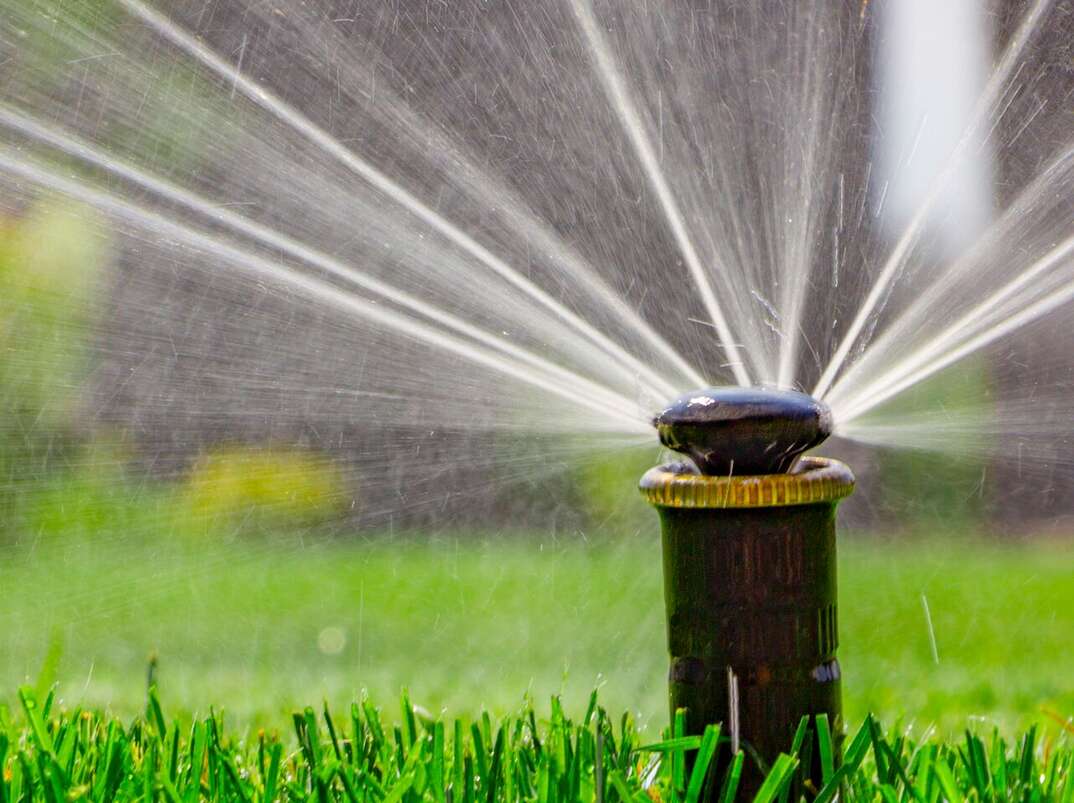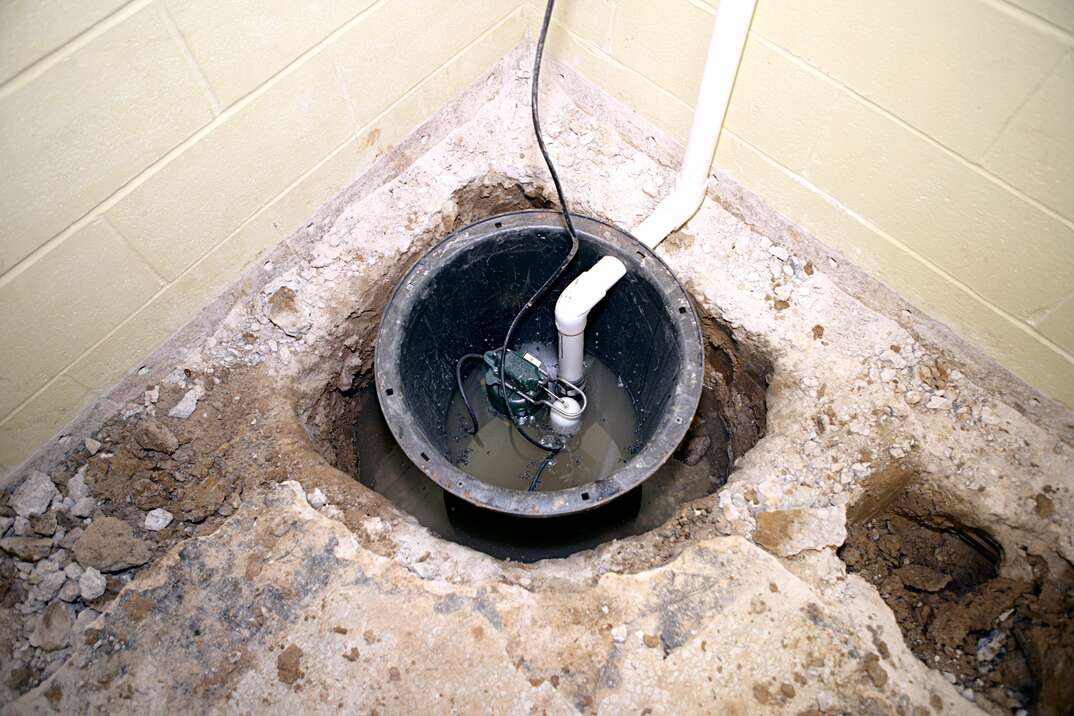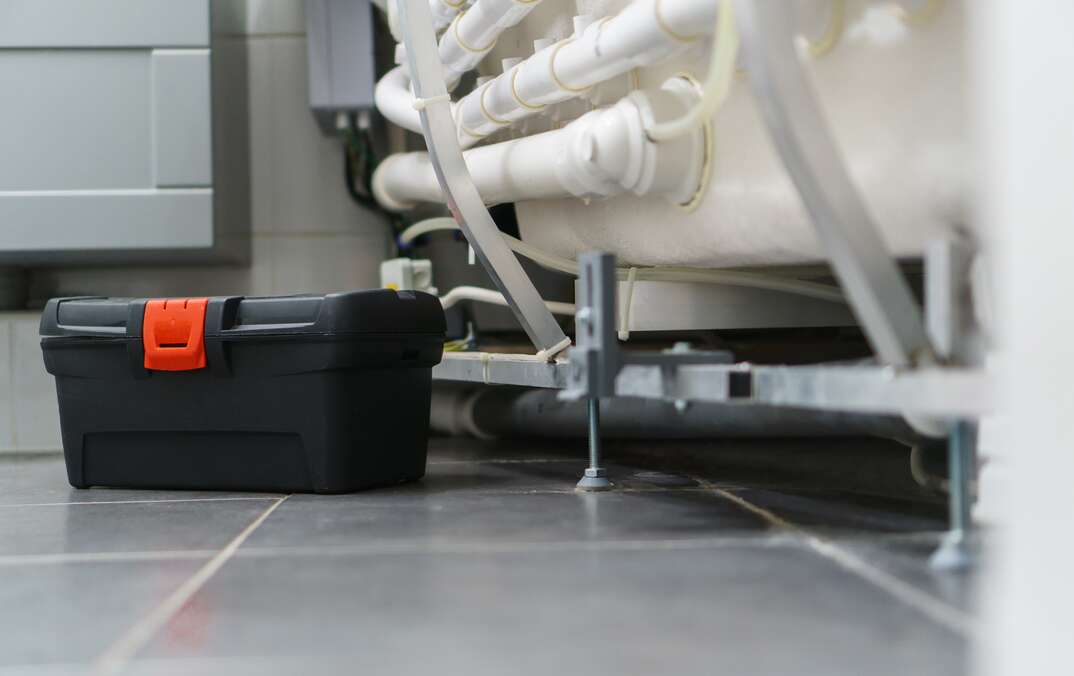How to Save Water If You're Placed Under Mandatory Water Restrictions

How To Save Water While Under Mandatory Water Restrictions
Learn how to conserve water while under water restrictions. Stay compliant with local regulations by rationing water usage.
This article describes ways to conserve water during mandatory restrictions. It offers tips for living with reduced water usage and effectively allocating a limited water supply.
Author: Bridget Coila
Nothing derails your plans for a long afternoon shower or a car wash like an announcement of new water restrictions in your area. Fortunately, it's easy to reduce water usage without sacrificing comfort. Knowing how to effectively conserve water ensures that you have enough to accomplish necessary tasks while keeping your entire community safe from an outright water ban.
What Are Mandatory Water Restrictions?
Water use restrictions are government-issued orders that limit the amount of water you use in a home or commercial setting during a specific time period. These orders might also describe what specific uses are allowed or disallowed.
Mandatory water use restrictions may be set by a state water board, a county organization or a city water department. The rules for water rationing are based on local drought conditions and typical water usage predicted for the city or region.
What Uses of Water Are Typically Limited Under a Water Restriction?
Watering restrictions often come with a list of prohibited activities. Outdoor water restrictions are more common than restrictions limiting what you can do inside your home. Typical water uses banned during a mandatory restriction period may include:
- Refilling outdoor water fountains or ponds that don't use recirculating pumps
- Watering grass lawns within 48 hours after rainfall or more than once per week
- Watering decorative grass that isn't used for recreational purposes
- Overwatering lawns or outdoor plants to the point where water runs onto the sidewalk
- Washing hard, impermeable outdoor surfaces, such as sidewalks and driveways
- Building new swimming pools over a specific size
- Using more than a set amount of household water per day or per week
In addition to specific restrictions on outdoor water use during a water shortage, some communities also charge extra per gallon for households that use over a specified amount of water per week or month. Generally, restrictions aren't about banning water use entirely — they're about making water consumption more efficient.
What Are Some Ways to Conserve Water During a Water Restriction Order?
Drought restrictions are intended to reduce water usage throughout the community, so water remains available when needed. Voluntary conservation helps your city or state achieve this goal, even when a mandatory order isn't in place.
Whether you're looking for ways to reduce water usage on your own or trying to remain in compliance with local water conservation requirements, here are some conservation measures to reduce water usage in your home, yard and garden:
Set a Schedule
Set up a watering schedule for outdoor plants and lawns that takes advantage of cooler evening temperatures. Watering plants during the middle of the day may cause excess water loss due to evaporation. Watering plants early in the day or after sunset ensures that most of the water sinks into the soil and is taken up by the plant's root system.
Create a Drought-Resistant Yard
Replace grass lawns with drought-tolerant and native plants, trees and shrubs. Place mulch around the base of trees to reduce evaporative water loss.
Control Water Usage
Use technology to control water usage in and out of the home. Newer household appliances are often designed with water conservation in mind, so consider replacing older, less-efficient models with newer versions. Smart appliances, such as dishwashers and washing machines, monitor the contents and adjust the water levels to operate even more efficiently. Drip irrigation systems let you set timers and adjust water use, so there's less water waste.
Fix Leaks
Maintain faucets, toilets and showers to protect against leaks, and identify where your emergency shutoff nozzle or valve is, so you can quickly turn off household water if a major leak develops. Fix leaks early to avoid excess water loss.
How To Find Out About Current Water Restrictions and Guidelines
Your local water board or urban water supplier should be able to advise you on current water use policies and the effective date of any mandatory restrictions. In many cases, water restrictions are lifted once normal rainfall levels return, so there may not be a specific end date listed.


